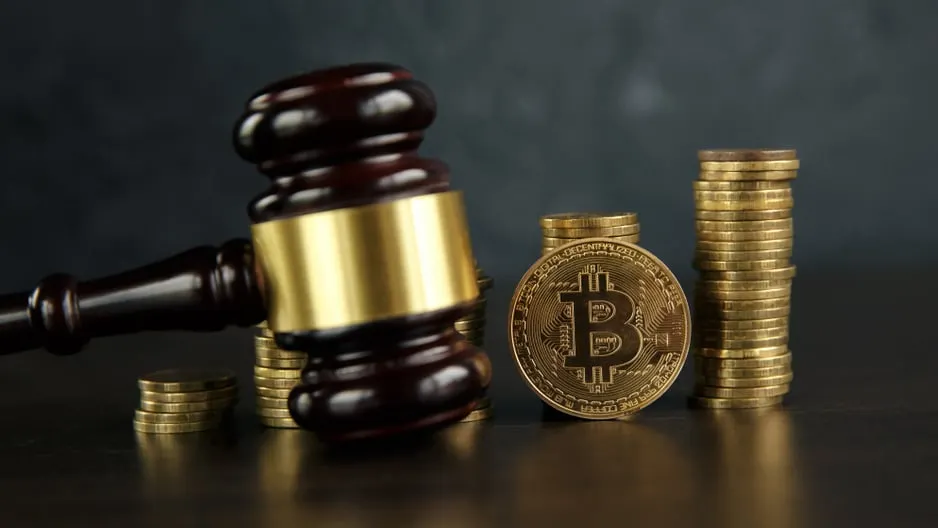A panel of federal appeals court judges in Philadelphia appeared skeptical on Monday of the U.S. Securities and Exchange Commission (SEC’s) longstanding refusal to issue specific rules related to the sale of crypto tokens.
During an afternoon hearing before the U.S. Court of Appeals for the Third Circuit, lawyers for Coinbase and the SEC squared off over whether the regulator should be obligated to clarify its rules about crypto, after years of effectively “regulating by enforcement” via sporadic lawsuits against crypto firms and projects.
The three-judge panel, comprised of two Democrat-appointed justices and one Republican appointee, grilled both sides for over an hour on where the SEC draws certain lines when it comes to crypto regulation, and whether more information on those decisions ought to be made public.
Multiple judges seemed to become flummoxed, during the conversation, when the SEC’s attorney, Ezekiel Hill, refused to clarify on the record whether his agency views Bitcoin and Ethereum as commodities. Hill insisted that such determinations still had to be made on a case by case basis.
“You won't even tell us how the Howey Test applies to Bitcoin or Ether,” Judge Stephanos Bibas reprimanded Hill, referring to the longstanding framework used by the SEC to determine whether an asset is a security. “Those [tokens] have been around for a long time, but you won't take a position in front of us as to whether [Coinbase] is safe, if they deal or don't deal in Bitcoin and Ether.”
Bibas was appointed to the Third Circuit in 2017 by former president Donald Trump, who is himself now an outspoken crypto advocate. But Judge Thomas Ambro, who was appointed to the court by former Democratic president Bill Clinton, also appeared to take issue with the SEC’s insistence that it need not clarify its rulemaking with regards to crypto.
“I don't see the reasoning,” Ambro said of the SEC’s refusal to publish such rulemaking. “It almost looks, to an outside observer, as if you're going after [crypto] platforms in a way that will crush the industry without really getting into rulemaking.”
Though the SEC has never clarified outright what crypto tokens it considers to be under its purview, the agency did approve spot Bitcoin and Ethereum ETFs earlier this year—landmark moves that integrated both assets with the American economy and, in doing so, effectively classified them as non-securities.
Jumping on the issue, Coinbase’s attorney, Eugene Scalia—son of the late Supreme Court justice Antonin Scalia—dedicated his final remarks to the SEC’s refusal to clarify the security status even of tokens previously thought to be a non-issue.
“I leave this court understanding the SEC’s views on this topic even less than when I entered,” Scalia said. “Because I thought if one thing was clear, it was that Bitcoin and Ether were being recognized by the SEC as not securities. That is a problem for the industry, and… a problem for the court.”
“This court, though, can do something about it,” he added.
Edited by Andrew Hayward

